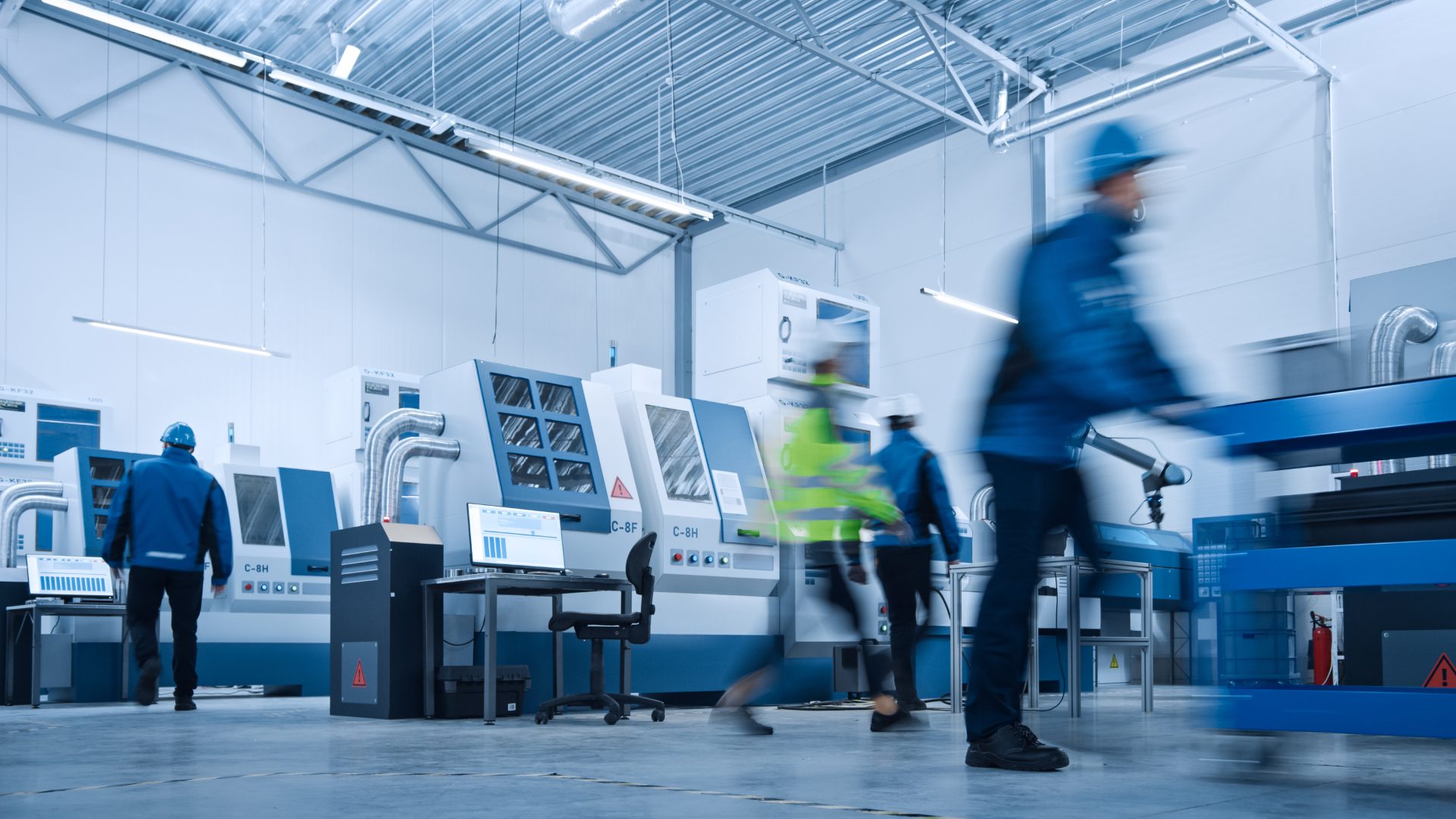- Solutions
ENTERPRISE SOLUTIONS
Infuse new product development with real-time intelligenceEnable the continuous optimization of direct materials sourcingOptimize quote responses to increase margins.DIGITAL CUSTOMER ENGAGEMENT
Drive your procurement strategy with predictive commodity forecasts.Gain visibility into design and sourcing activity on a global scale.Reach a worldwide network of electronics industry professionals.SOLUTIONS FOR
Smarter decisions start with a better BOMRethink your approach to strategic sourcingExecute powerful strategies faster than ever - Industries

Compare your last six months of component costs to market and contracted pricing.

- Platform
- Why Supplyframe
- Resources
While supply chains have often been focused on cheaper, better, and faster solutions, technology has always been the driver behind these new innovations. Over the last ten years, we have seen many technologies hit the “peak of inflated expectations” phase of the hype cycle. As time goes on, some of these technologies have begun to make a noticeable impact in the real world.
3D printing and robotics come to mind, and while artificial intelligence, or AI, is still very much in the inflated expectations phase, some concrete use cases are emerging that signal a viable use for the concept in current and future supply chains.
Identifying AI Use Cases For Modern Supply Chains
The important thing to consider first and foremost is the fact that AI does not refer to a specific technology. Instead, it refers to a broad paradigm shift in regards to how we think about the technology itself. The key innovation that AI brings to the table is an “inversion of control,” where we offload most of our decision making capabilities to data-driven algorithms.
This changes the process from something that’s reactive to proactive, triggering a larger change in how data-driven processes will operate in the future, with supply chain applications being of particular note.
We often think about AI as something that enables automation, but this view is too limited in scope. The true role of artificial intelligence in the supply chain is to enhance and augment human intelligence and decision making, as opposed to being something that makes it obsolete.
That being said, most of the day-to-day work supply chain professionals perform often tends to involve highly manual and easily automated tasks, so this is still part of the full impact.
Ultimately, the role of AI in supply chains is two-fold:
- The automation of repetitive tasks and processes across supply chain functions
- The realization of new forms of strategic decision making and collaboration
As always, a healthy dose of skepticism is encouraged when looking at black-box solutions, and AI offerings are difficult to evaluate in this regard. It’s important to examine these types of investments through the lens of empowerment as opposed to pure automation. A solution that offers significant improvements in decision making will also likely offer opportunities for automation, but the reverse may not necessarily be the case.
At Supplyframe, we’re working on solutions that bring deeper visibility to supply markets, technical content and intent, offering insights much earlier in the engineering design cycle. This shift in focus with new intelligence can directly address risks in the supply chain and help engineers design smarter and more sustainable products. This requires a change in how design engineers think about both their goals and constraints.
In the meantime, immediate benefits in our industry allow for tasks to be automated and streamlined through our solutions. This enables suppliers to cut down response times and improve customer satisfaction.
More importantly, it also creates more time for strategic pricing considerations that result in improved profit margins. These are low-hanging fruits for AI applications in the supply chain, with more impactful applications to come in the future.
The timeline of cultural and organizational shifts will dictate how quickly technologies like AI can make a broader impact across global supply chains.



